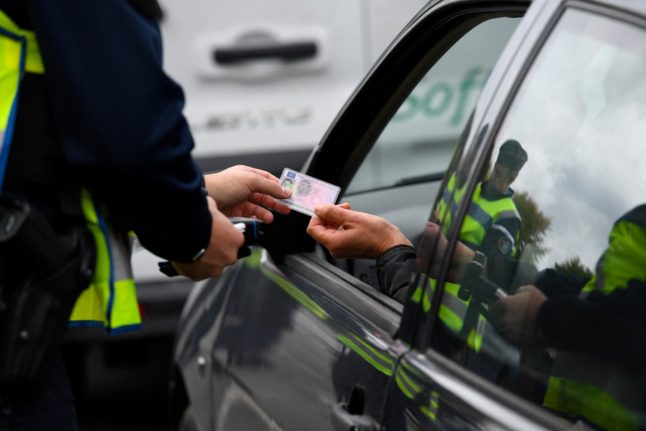May is a joyous month for reluctant gardeners in France. They get to demonstrate their green cred by leaving the lawnmower collecting cobwebs in the shed for 31 glorious, bank holiday-filled, ‘no mow May’ days.
But, you can also remember the month for another reason: it’s ‘Mai à vélo’ in France, when thousands of cycling events and ‘challenges’ take place across the country to encourage carbon-free – and healthy – travel.
Why you should take up cycling in France in May
May is also the month in which the online platform for requesting a QR code to enter certain areas of Paris during the summer’s Olympic Games opens.
The Games – which are in less than 100 days and held in the heart of the city – will undoubtedly bring with them some disruption. Here’s a look at what is likely to be closed and what will stay open.
Factcheck: Which areas will be closed in Paris during the Olympics?
The EU has put forward a proposal that would go some way towards restoring freedom of movement to millions of Britons, aged between 18 and 30, which was lost when the United Kingdom voted to leave the bloc.
It would allow young people to move countries to work, study and live. Here’s what we know about the proposal.
How would a ‘youth mobility scheme’ between the UK and EU really work?
Speaking of work (tenuous link alert) … France might have a reputation as a place where anything goes when it comes to l’amour, but if you do strike up a relationship with a colleague here, there are a few rules to be observed.
Workplace romance: The rules around dating colleagues in France
So, it turns out that Americans are the biggest non-resident property hunters in and around Paris, according to a report from Notaires de France.
But the French capital, in common with capitals everywhere, can be an expensive place to live. Fortunately, our own Genevieve Mansfield has a few tips to make life more affordable for anyone living or visiting the City of Light.
Saving all that money means you’ll have more to spend on the fabulous offerings of your local boulangerie. But friends and family may try to cut short your French pastry-filled joy by smugly pointing out that the iconic croissant is Austrian, and was brought to France by Marie Antoinette.
Short of refusing to let them eat one, you may not have a suitable chew-on-that riposte. Until now…



 Please whitelist us to continue reading.
Please whitelist us to continue reading.
Member comments